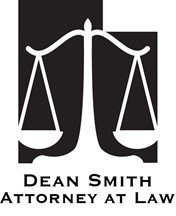We all hope that we’re never sued, but even if we’re careful there is the possibility that an accident might occur that we are held liable for. Likewise, if we find ourselves in debt, our creditors may sue us and obtain a judgment for the money we owe. In these situations our assets, including our homes, are at risk, especially if we have significant equity in them.
Insurance is our primary line of defense. Auto and homeowner's insurance provide protection against financial losses arising from liability for accidents and injuries arising from our property or related to our automobiles. An umbrella policy can provide additional protection when liability claims exceed the limits of our auto or homeowner's coverage. Having adequate insurance is the most important aspect of protecting our homes and other valuable assets.
While liability insurance does not protect us against creditors, state law does provide some relief when it comes to our personal residences. Under Utah law, a homestead exemption is available that allows us to protect a fixed dollar amount of equity in our homes: up to $20,000 for individuals, and up to $40,000 for a husband and wife, if the property is jointly owned. While there are a few exceptions to the types of debts and liens that the homestead exemption protects against, it generally applies and is an important protection, particularly in bankruptcy.
In reality, the homestead exemption is often inadequate because we have more equity than the exemption covers. While there are additional strategies for protecting our homes from creditors (for example: using an irrevocable trust, using a limited liability company, or equity stripping), these strategies should be used with care, as each of them includes risks, and may result in unintended consequences.
The above article is meant to provide a brief overview of certain asset protection principles related to personal residences. It is not comprehensive and is not intended to provide specific legal advice. Please consult with a Utah asset protection attorney to determine what action is appropriate for your particular circumstances.
